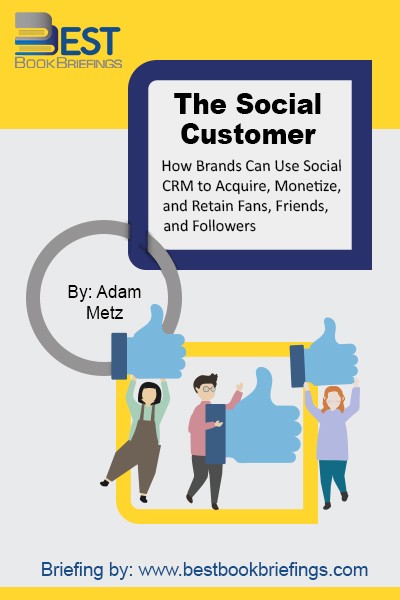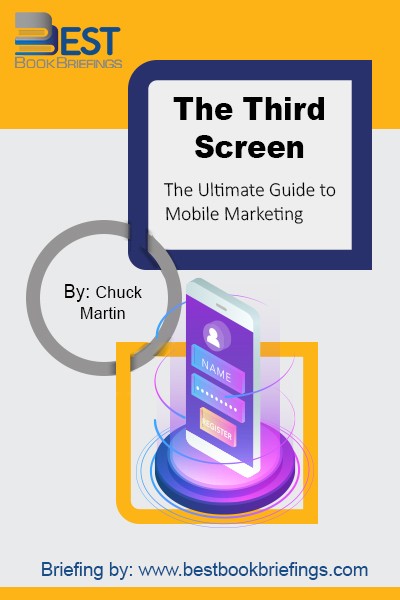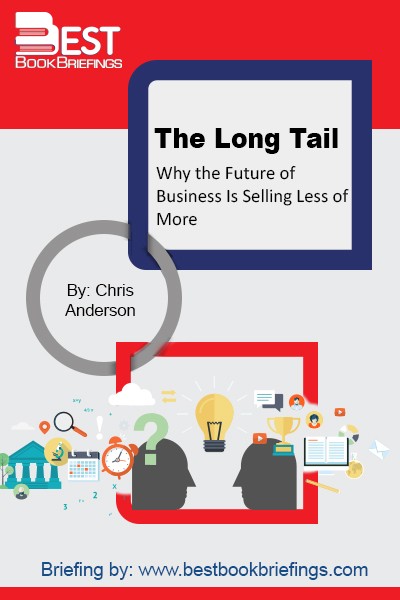The Long Tail
Why the Future of Business Is Selling Less of More
Editorial Review
The tracking of top-seller lists is a national obsession. Our culture is a massive popularity contest. We are consumed by hits—making them, choosing them, talking about them, and following their rise and fall. No surprise that hits have become the lens through which we observe our own culture. We define our age by our celebrities and mass-market products. They are the connective tissue of our common experience. Hits are starting to, gasp, rule less. Number one is still number one, but the sales that go with that are not what they once were. In short, although we still obsess over hits, they are not quite the economic force they once were. Where are those fickle consumers going instead? No single place. They are scattered to the winds as markets fragment into countless niches. The one big growth area is the WEB, but it is an un-categorizable sea of a million destinations, each defying in its own way the conventional logic of media and marketing.
Book Reviews
Books on Related Topics

Brands want to be talked about so people will buy their products and services. Consumers want to interact with brands that make the products and services they purchase. Brands also want consumers to relate to them, become highly loyal, and buy that same brand for the rest of their lives. They

If You're Not First, You're Last is about how to sell your products and services—despite the economy—and provides the reader with ways to capitalize regardless of their product, service, or idea. Grant shares his proven strategies that will allow you to not just continue to sell, but create new products, increase margins,

Chuck Martin takes readers on a journey from the creation of the first screen to the revolutionary third. Martin describes the cultural and social changes incurred by the first screen (the television) and the second screen (the personal computer), opening up his discussion of how the third screen—the mobile device—is redefining



